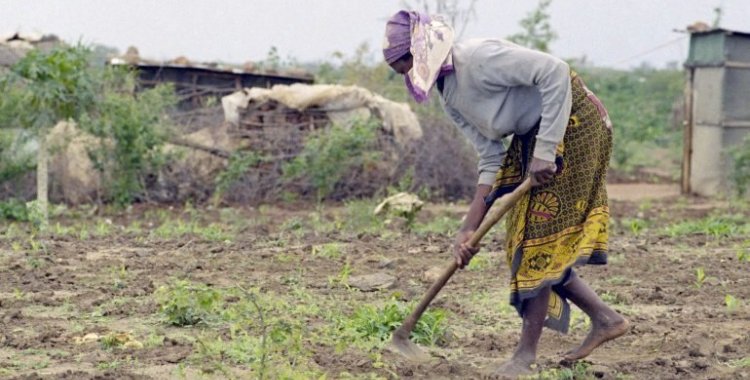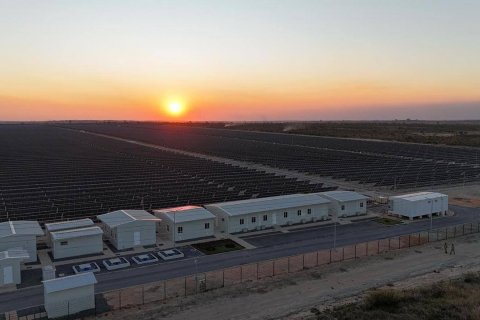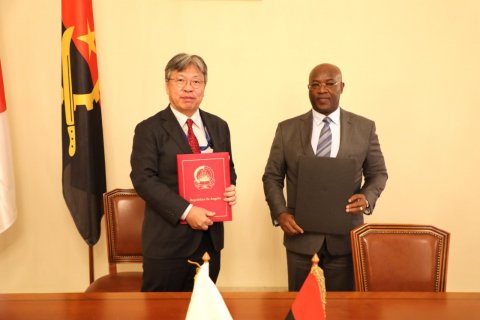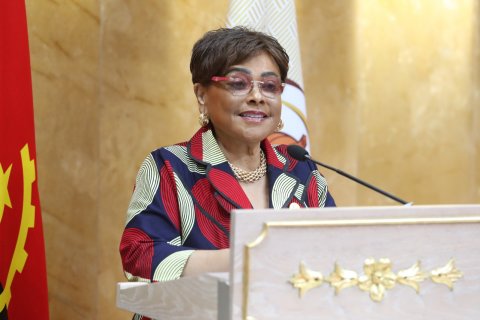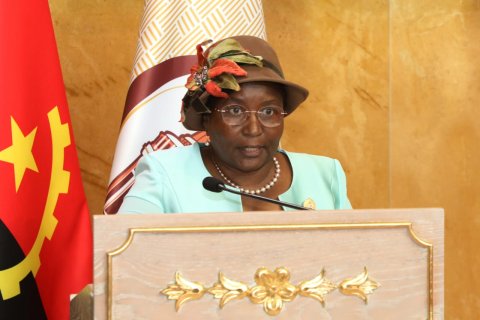Gherda Barreto, at the end of her mandate, was received this Wednesday by the Minister of Agriculture and Forests, António de Assis, and took stock of FAO's actions in Angola over the last five years, a period in which she was at the head of this body of the Nations United.
Speaking to the press at the end of the meeting, Gherda Barreto, who will now carry out a new mission in Ecuador, defended the need to take stock of the country's potential for small-scale transformation and the reinforcement of credit for micro and small companies, already prepared for agro processing.
"Another important challenge is rural women, we know that 60 percent of the agricultural workforce are women, and programs must be more targeted, with concrete goals, to obtain financing and access to land", she recommended.
According to Gherda Barreto, "a very big effort" must also be made to achieve greater recognition of the value of products by peasants, trying to "make a balance between the price of farm products and the market price".
"I think there is an opportunity to support farmers more in restoring their productive factors, with fairer prices paid in the fields, which are more in line with market prices", she highlighted.
And a final challenge, pointed out the FAO representative in Angola, is the scope of the country's sovereignty in terms of agricultural inputs, which are currently imported, such as fertilizers and seeds.
"The country will work hard to achieve sustainability in this issue and seed multiplication is an alternative, as well as strengthening its own network of laboratories to increase productivity", she highlighted.
According to Gherda Barreto, without soil and water analysis and without better seeds, "increasing productivity would be a challenge".
Gherda Barreto considered that it is possible for Angola to eradicate hunger, because it has human and natural resources.
"It is a topic of joint work, it is a strategic topic, but Angola is a privileged country, with a potential of natural resources of land and water, which makes it possible to provide an autonomous response to eradicate hunger among the populations", she highlighted.
The FAO representative in Angola highlighted Angola's efforts, over the last five years, under the leadership of the Ministry of Agriculture and Forestry, which has managed to position agriculture at the center of the country's economic diversification.
"Today, all Angolans are convinced that it is family farming that will feed Angola and the whole of Africa", she said.
"We had the opportunity to accompany the Government in strengthening its field schools program", said Gherda Barreto, praising the growth in five years, which went from three provinces to its implementation throughout the country.

